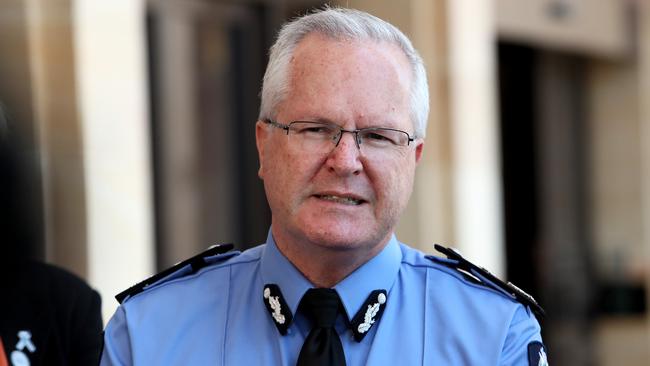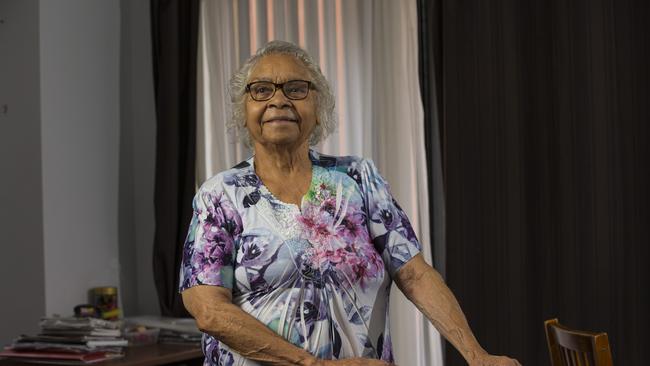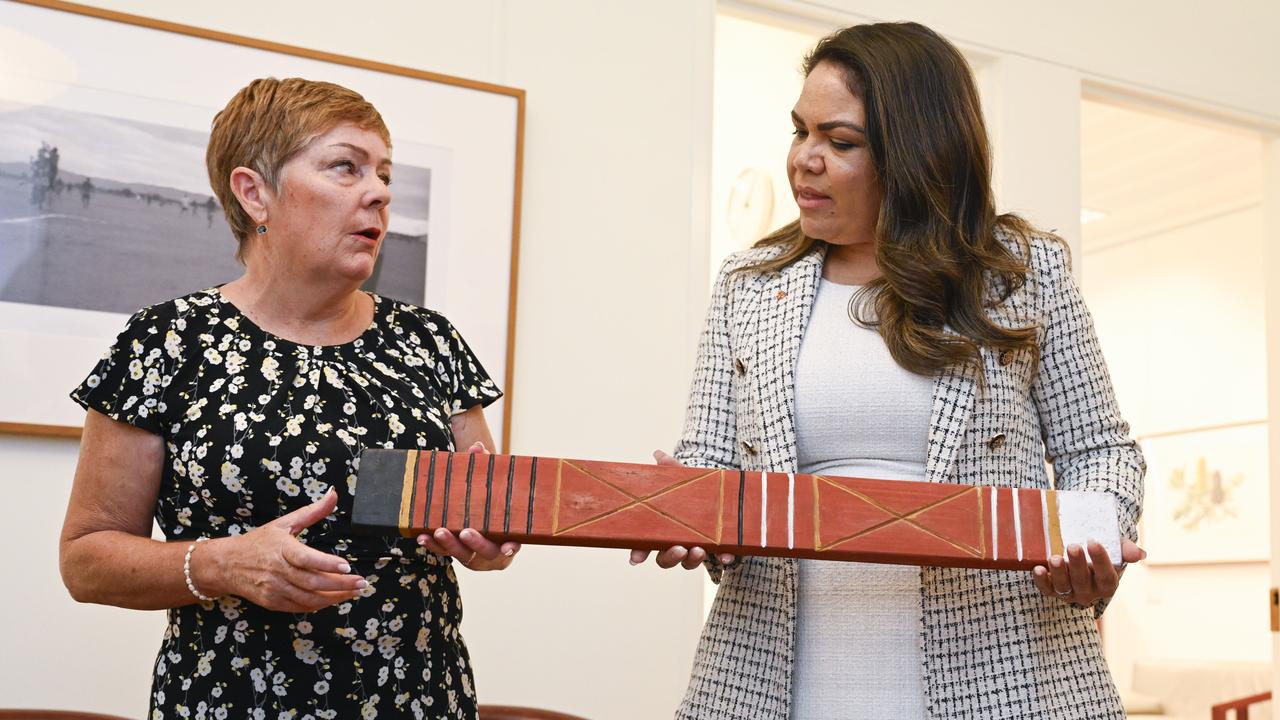Kimberley grog ban plea follows surge in family violence
Family violence in the Kimberley more than doubled before police asked for grog restrictions.

Family violence in the northwest of Australia more than doubled in the six years before police asked for the nation’s strongest alcohol restrictions to be imposed in every town in the Kimberley.
The region recorded more family assaults than other country districts across Western Australia in the first nine months of 2019, according to the latest published police data.
An estimated 36,000 people live in the remote towns and communities of the Kimberley but in the 2018 calendar year police recorded 2740 family assaults, or 228 a month. By comparison, the Goldfields-Esperance region in the state’s southeast has an estimated population of 55,000 and there were 842 family assaults there in 2018, or 70 a month.
The sharp rise in common and serious assaults on family members in the Kimberley between 2012 and 2018 was a 175 per cent increase. It happened as the region’s population fell from 37,803 to 36,014, according to the Kimberley Development Commission.
Police recorded 83 family assaults a month in the Kimberley in 2012, a total of 996. By 2014, there were 125 family assaults a month across the northwest, a total of 996 for the year.
Senior indigenous man and executive chair of the Kununurra-based Wunan Foundation said he believed family violence was linked to the scale of the Kimberley’s alcohol crisis. He said he did not believe enough people understood how serious the problem was. Local police told him much of their work involved responding to domestic violence.

West Australian Police Commissioner Chris Dawson’s officers consulted indigenous leaders and frontline workers before he asked the state director of liquor licensing for a blanket ban on the sale of full and mid-strength takeaway alcohol, including in the tourist hubs of Broome and Kununurra. Half of all Kimberley residents are indigenous, according to the 2016 census.
Senior Jaru woman Doreen Green, who successfully campaigned for a ban on full- and mid-strength takeaway beer in her home town of Halls Creek 10 years ago, said it was wrong to describe the proposed alcohol restrictions as racist.
“It’s not racist, it’s a human rights issue,” she said.
The police proposal in the Kimberley again pits police against the Australian Hotels Association and the McGowan Labor government, which do not favour broad restrictions.
The state government intends to trial a banned-drinkers register in the Pilbara.
Like the one in place in the Northern Territory since 2017, it is intended to block problem drinkers at the point of sale. Everyone who buys alcohol would have to show identification that would then be scanned to a shared database.
If that trial is successful, West Australian Tourism Minister Paul Papalia said it could be rolled out elsewhere.
Police data showed the number of “family-related offences” such as assault and threatening behaviour was also on the rise statewide. There had been an 8.2 per cent increase in family-related offences compared with the average over the past five years.
A national report on family violence published by the Australian Institute of Health and Welfare found that in 2014–15, indigenous women were 32 times more likely to be hospitalised due to family violence than non-indigenous women, while indigenous men were 23 times more likely to be hospitalised as non-indigenous men.
Qualitative research showed children exposed to family, domestic and sexual violence can experience long-term effects on their development and have increased risk of mental health issues, and behavioural and learning difficulties.




